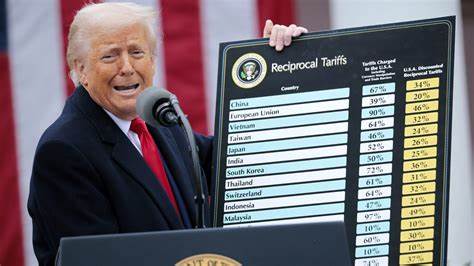Nigerian National Petroleum Company (NNPC) Limited said it remitted earnings from the 17.877 million barrels of crude it exported contrary to allegations against the firm.
According to several reports quoting the Auditor General of the Federation (AuGF), the oil corporation didn’t provide any records from the export of crude oil worth $1 billion in four years.
Join our WhatsApp ChannelThe 17.877 million barrels of crude oil were exported between 2016 and 2020. It was also stated that the two Pre-Shipment Agents (PIAs) and one Monitoring and Evaluation Agent (MEA) in 2017 were to supervise.
It was stated that the Pre-Shipment Agents and one Monitoring and Evaluation Agent were paid N73 billion by the Office of the Accountant-General of the Federation.
The payment was made for the inspection and monitoring of oil and gas exports, thereby indicting the Office of the Accountant-General of the Federation in the allegation, as President Muhammadu Buhari had ordered the cancellation of appointments of all service providers two years before.
However, the NNPC’s Chief Corporate Communications Officer, Garba-Deen Muhammad, in a series of tweets on Thursday, said the allegations are untrue.
“Our attention has been drawn to an online publication, alleging that NNPC exported 17.877 million barrels of crude oil without proper documentation in four years (2016 to 2020).
“The Auditor-General’s report in reference did mention 32 oil marketing companies involved in the non-completion of the NXP forms, but that does not in any way mean that the proceeds from the sale of the said crude were not repatriated into the coffers of NNPC and consequently into the Federation Accounts for Federation related barrels,” Part of the tweet reads.
In the statement addressing the allegation, the NNPC also said: “It should also be noted that NNPC does not appoint Inspection agents as alleged, but rather, it is the sole responsibility of the Federal Ministry of Finance.
“Therefore, the general public is advised to disregard the said malicious publication, and instead, visit the relevant Auditor-General’s website to see the full content of the audit report, and be guided accordingly.”


















Follow Us